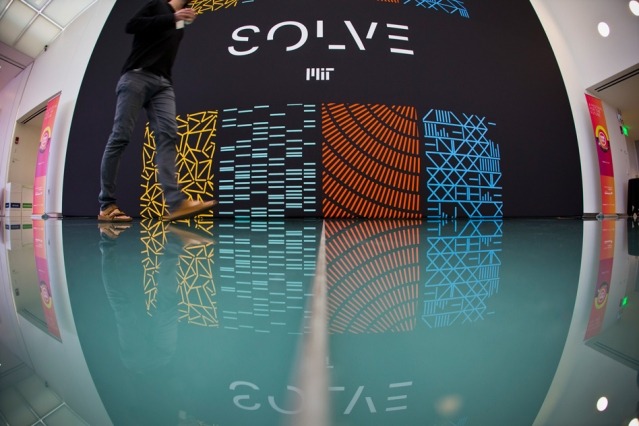Posts Tagged ‘neurorights’
Update: Moderate lifetime drinking may lead to lower Alzheimer-related beta amyloid deposits in the brain
__ Time for a new edition of SharpBrains’ e‑newsletter. #1. First of all, it’s not all bad news this month. Study finds that moderate lifetime drinking may lead to lower Alzheimer-related beta amyloid deposits in the brain #2. And, talk about personalized medicine! This fascinating study showing how brain imaging (fMRI) + machine learning + intensive, non-invasive…
Read MoreWill these five NeuroRights help harness emerging neurotechnologies for the common good?
__ Data for Good: Biological Scientist, DSI Member Rafael Yuste on the Ethical Development of Neurotechnology (Columbia University release): “Brain-computer interfaces may soon have the power to decode people’s thoughts and interfere with their mental activity. Even now the interfaces, or BCIs, which link brains directly to digital networks, are helping brain-impaired patients and amputees…
Read MoreMay e‑newsletter: MIT Solve launches Brain Health Challenge, asking “How can every person improve their brain health and mental resilience?”
—– Time for SharpBrains’ May e‑newsletter, highlighting what’s new in brain health and mental performance, and featuring a very relevant MIT initiative and a thought-provoking study on the “Cognitive Divide.” New thinking MIT Solve launches Brain Health Challenge: How can every person improve their brain health and mental resilience? Mental Health Innovation and Dr. Tom Insel:…
Read More


